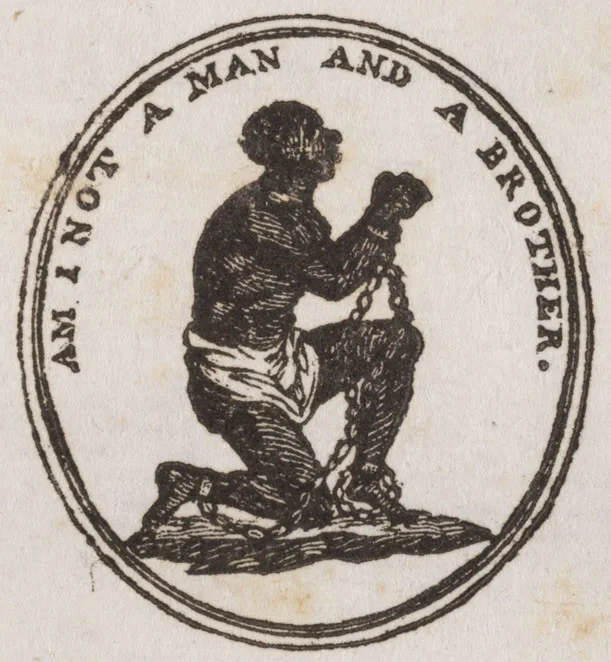1863, as we have noted, was a memorable year for Emilie Davis. A free black woman living in Philadelphia, Emilie celebrated the Emancipation Proclamation, twin Union victories at Gettysburg and Vicksburg, and steps toward lasting change as northern states like Maryland chose to end slavery voluntarily. But 1863 was also a year of devastation for Emilie, one in which she would witness the deterioration of her family as a direct result of the new rights that came along with the Emancipation Proclamation.
This is the third installment of Memorable Days: the Civil War through the eyes of a free black woman. To read an introduction of Emilie, click here. To read her take on the Battle of Gettysburg, click here.
Read More







